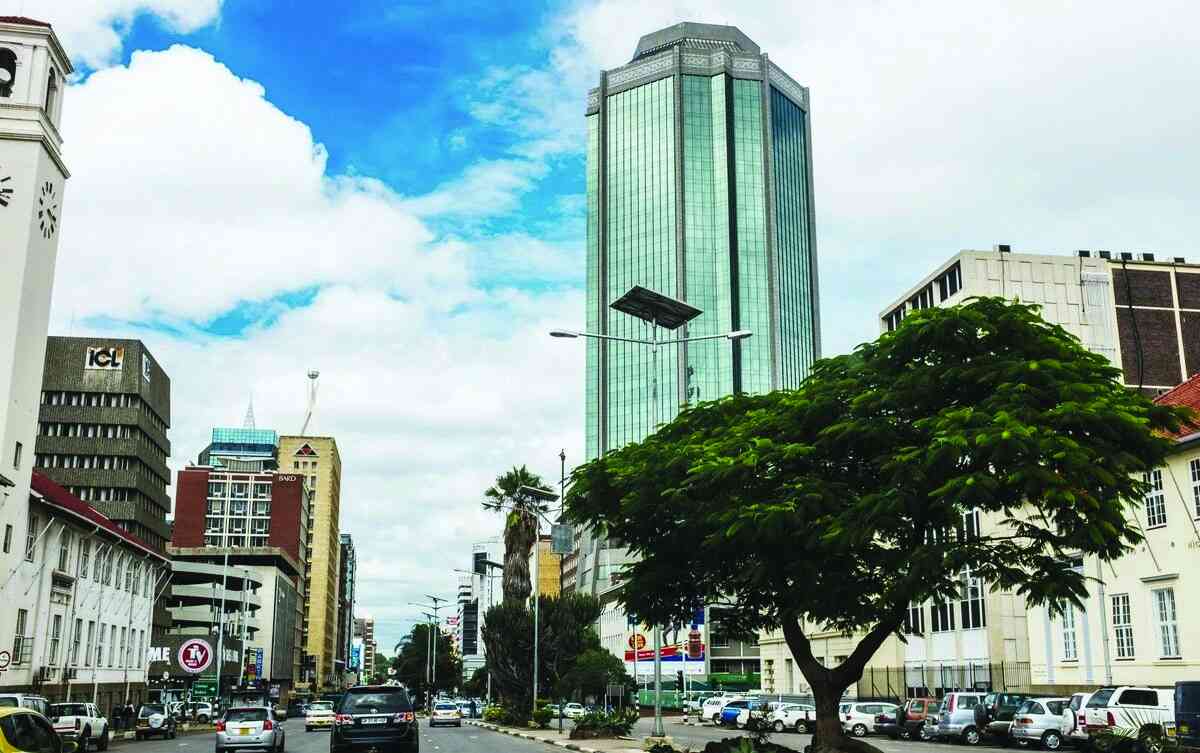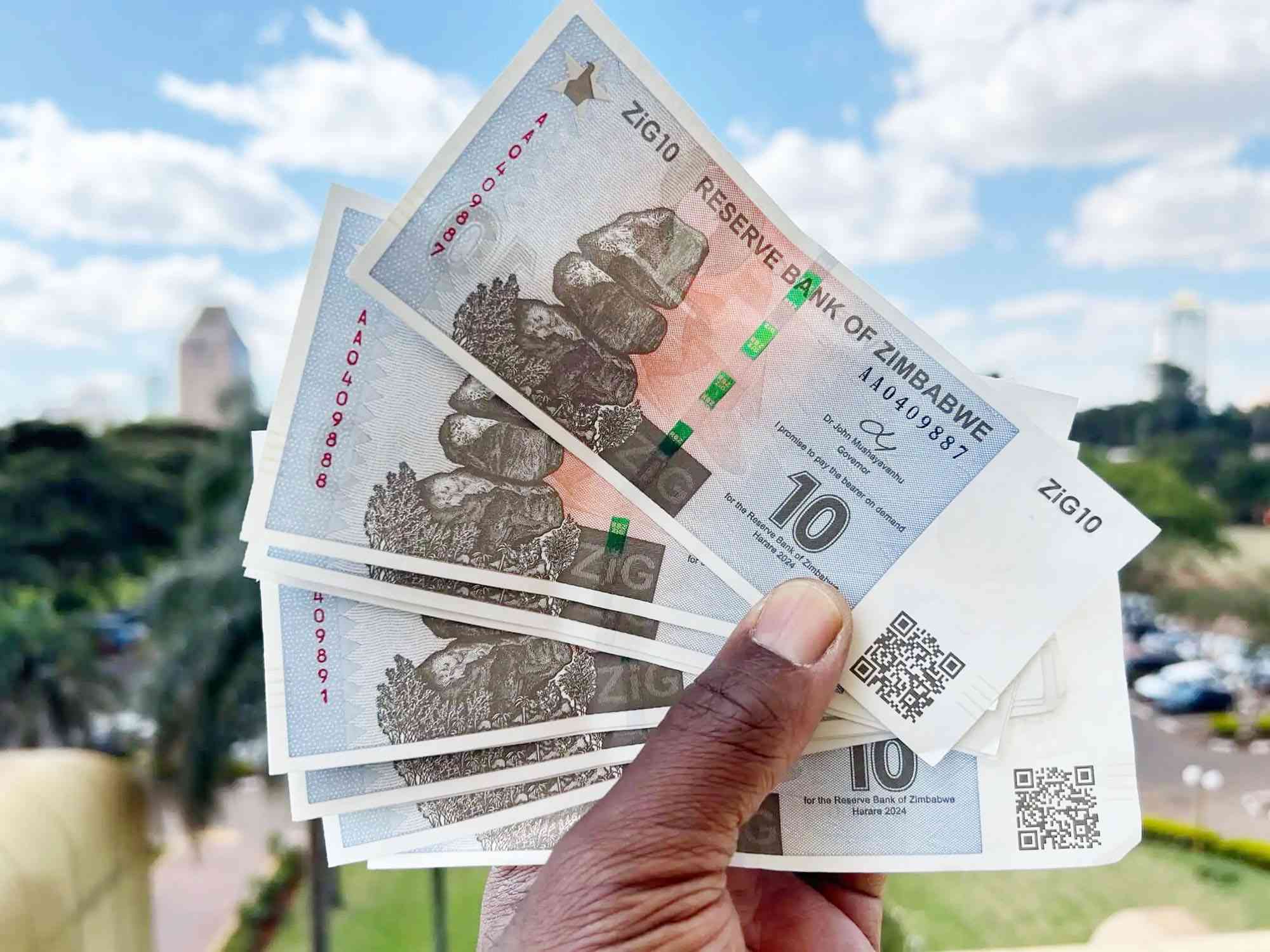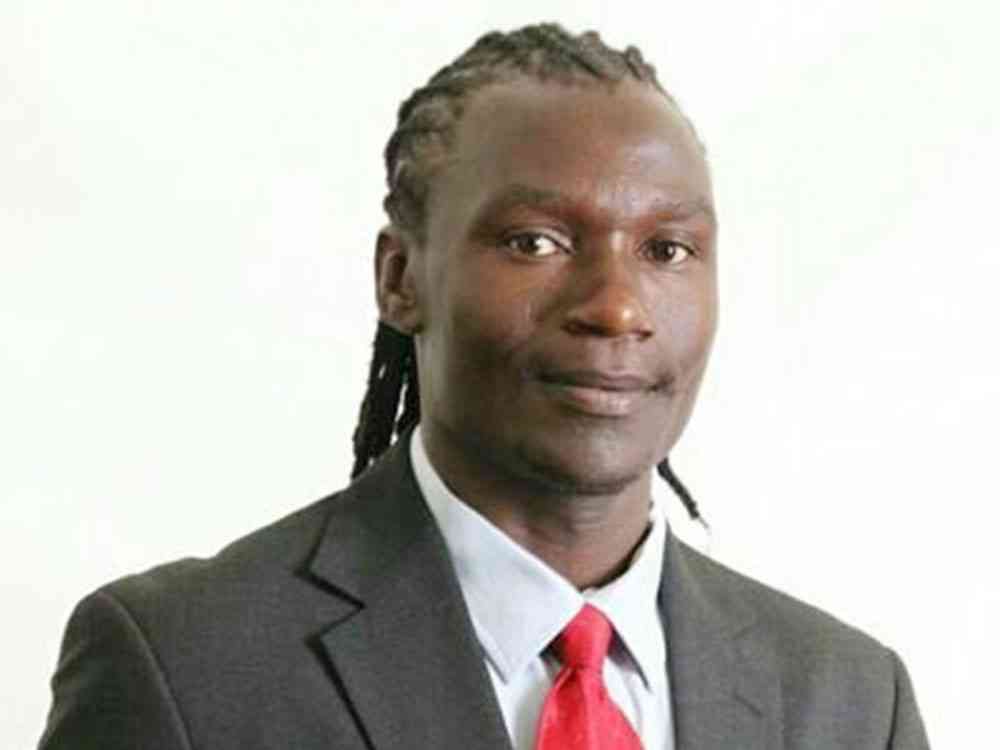
The Reserve Bank has defended its decision to impose tighter limits on the amount of forex individuals can take out of the country, saying the drastic action targets foreigners who exploit weak regulations to siphon off the country's wealth.
In a series of aggressive measures to stabilise the free falling currency announced on September 27, the central bank’s monetary policy committee slashed the amount of US dollar cash that can be taken out of Zimbabwe to US$2 000, from US$10 000.
The policy unsettled a large portion of small scale entrepreneurs who travel to markets like Dubai, South Africa and China to import goods for resale.
Following massive de-industrialisation in the past 24 years, many of Zimbabwe’s citizens have switched to informal trade.
However, in an interview with the Zimbabwe Independent, Nicholas Masiyandima, deputy director, economic research and policy at RBZ, said policymakers reacted after noticing massive cash outflows by foreigners ‘dumping’ cheap goods on the domestic market to earn the US dollar.
Zimbabwe is the only regional economy trading in US dollars at a large scale since high level mismanagement in the past 24 years ended with deadly domestic currency crashes.
“We are a dollarised economy,” Masiyandima said on the side-lines of a conference in Victoria Falls.
“They (foreigners) can easily get into our domestic economy, exploit the dollarised economy so easily, and go away with US dollars,” he said.
- Horticulture exports gaining traction
- Forex inflows breach US$1,78bn mark
- Manufacturing sector on rebound: Mangudya
- Mutapa chief lays out game plan to state CEOs
Keep Reading
The central bank official said without tighter controls the country’s foreign currency crisis would deepen.
“We have seen trucks coming with goods,” he said.
“We have seen containers coming with products. What will be coming here will be products. But what will leave will be US dollars. We have a policy of free funds, which means you can walk around with any amount of money because the economy is dollarised. We will not have a problem with people having free funds domestically, but the challenge now comes when we have people from neighbouring countries coming in to dump products and move away with a lot of cash,” he added.
It is the second time in 15 years that Zimbabwe has had to apply brakes on forex outflow by dealers from neighbouring economies.
The problem was rampant during the early years of dollarisation from 2009, when foreigners swarmed automated teller machines to withdraw cash, before returning to their countries.
The country tumbled into a serious foreign currency crisis, which it has struggled to address for over a decade.
“That particular policy curtails or reduces those kinds of outflows. In some cases, they may even include illicit outflows from our mineral sector, and even from incomes earned through remittances,” he added.










